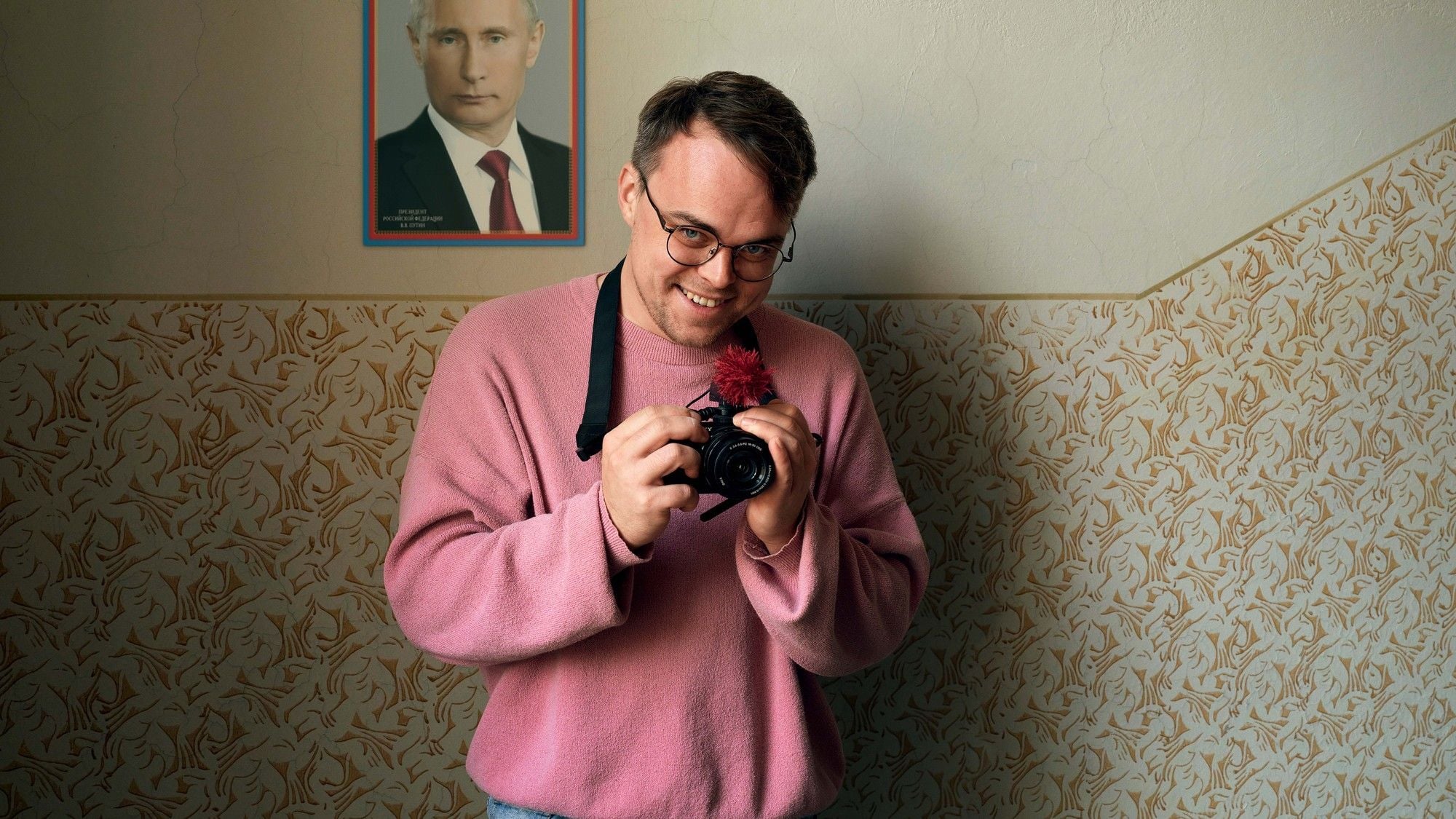
Last Summer (2024) — Movie Review
- Jul 4, 2024
Portraying an outwardly poised lifestyle, the character of Anne in "Last Summer" is brought to life by Léa Drucker. The audience is drawn into the calm and neutral exterior of her mansion in Paris. However, the plot twists as the provocative French director, Catherine Breillat, introduces a sudden upheaval in Anne's life.
Breillat is back with her first feature film in over a decade focusing on the exploration of women's sexuality. The movie lacks judgment regarding Anne’s scandalous affair as Breillat prefers to observe events through a technically intimate yet dispassionate lens.
Anne is initially portrayed as a knowledgeable lawyer who advocates for underage sexually assaulted victims and youth in danger. Her work is filled with purpose, and she performs her duties with compassion yet showing utmost professionalism. Drucker presents her character as utterly compelling.
Her composed demeanor starts to crack when her affluent older husband, Pierre, reveals his troublesome 17-year-old son from a previous marriage needs to stay with them. This disrupts the cheerfulness the couple shares with their adopted daughters.

Anne's relationship with the teenage arrival is complex from the onset. While the rebellious character of Théo shakes the tranquil family atmosphere, aspects of his relationship with his younger sisters expose a more sensitive side. In time, an unexpected alliance develops between Anne and Théo, leading to secretive afternoon rendezvous.
Breillat’s distinctive style is evident as she allows the audience to watch these dynamics unfold. The gradual intensity of the relationship between Anne and Théo is so palpable that when the romantic tension finally reaches a climax, it comes across as an inevitable development.
"Last Summer" recalls the Danish film "Queen of Hearts," but with significant modifications by Breillat. As their forbidden relationship threatens to emerge, the underlying tension morphs into anxiety over the looming consequences. Compellingly, even as the narrative reaches its peak, Breillat maintains a straightforward narrative. The narrative potency comes from Drucker’s immense portrayal of Anne, oscillating from a defensive stance to becoming domineering herself.
Despite the ostensibly outrageous nature of Anne’s actions, some viewers may find themselves subconsciously supporting her. This exemplifies the paradoxical pull of a Catherine Breillat film.







